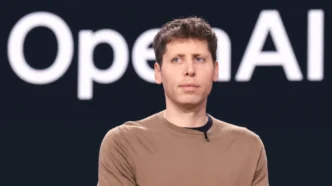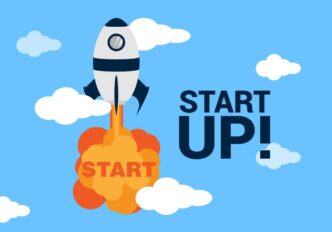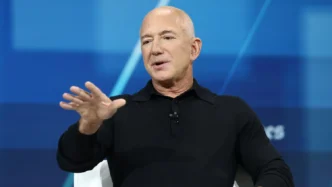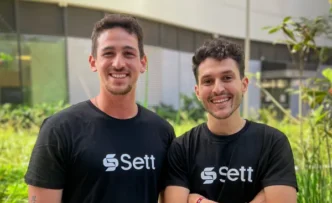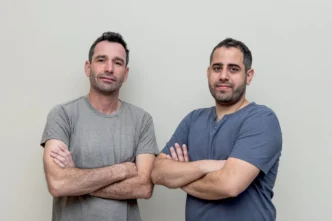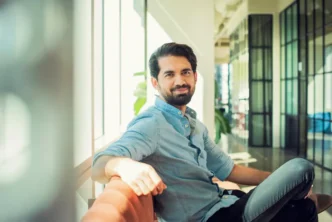The world of AI mergers and acquisitions is heating up—and this time, it’s not just the tech titans writing the checks. A new breed of AI powerhouses is starting to flex its financial muscle, and OpenAI might be leading the charge.
Last week, news broke that OpenAI is in advanced talks to acquire Windsurf, an AI-powered code-generation platform formerly known as Codeium. The deal, reportedly valued at $3 billion, would mark OpenAI’s largest acquisition to date. While the company has made three previous acquisitions, this potential buyout represents a significant escalation in its dealmaking appetite.
Backed by a recent $40 billion capital infusion led by SoftBank, OpenAI now has both the means and the motive to expand aggressively. The acquisition of Windsurf would not only enhance its existing coding tools—like Codex—but could also serve as a strategic play to gain a foothold in the rapidly growing AI-for-developers space.
Interestingly, this move comes after reports suggested OpenAI had previously considered acquiring Anysphere, the company behind the popular AI code assistant Cursor. That deal, however, may have proven too costly, with Anysphere reportedly eyeing a valuation near $10 billion in its next funding round. Still, OpenAI’s war chest gives it room to make bold moves—especially as compute demands and model training costs continue to rise across the board.
But OpenAI isn’t the only one shopping.
Last week also saw Anthropic—a major rival in the generative AI arena—make its first known startup investment, participating in a $50 million Series A round for enterprise AI design platform Goodfire. The round was led by Menlo Ventures, with Anthropic joining in after previously backing Menlo’s Anthology Fund.
With over $4.5 billion raised this year alone, Anthropic’s Goodfire move could be a preview of more deals to come. Whether through investments or outright acquisitions, Anthropic is clearly looking to strengthen its ecosystem.
Meanwhile, xAI—the AI startup launched by Elon Musk—made headlines of its own earlier this year when it bought X (formerly Twitter) in a $33 billion all-stock transaction. While that acquisition was more about ecosystem control than product integration, xAI has already raised $12 billion in 2024 and is reportedly eyeing an additional $20 billion. It seems clear that more acquisitions are in the pipeline.
All of this signals a larger trend taking shape in the AI industry: venture-backed AI startups aren’t just targets anymore—they’re becoming buyers. While big tech incumbents like Nvidia, Mastercard, and AMD led the AI M&A wave last year, we’re now seeing a shift toward private AI companies initiating high-stakes deals of their own.
Even the established giants are still in the game. Cybersecurity heavyweight Palo Alto Networks, which boasts a market cap north of $120 billion, announced plans this week to acquire Protect AI, a firm specializing in securing machine learning models. Though the terms were undisclosed, Protect AI was last valued at around $400 million in 2023. The deal shows that traditional enterprise buyers are still very much engaged.
Still, with private AI giants flush with billions in funding and a clear strategic mandate to grow fast, we’re likely to see a lot more action from players like OpenAI, Anthropic, and xAI in the months ahead.
The M&A game in AI is evolving—and the next big deal might not come from Wall Street, but from a well-funded AI lab ready to buy its way into dominance.
